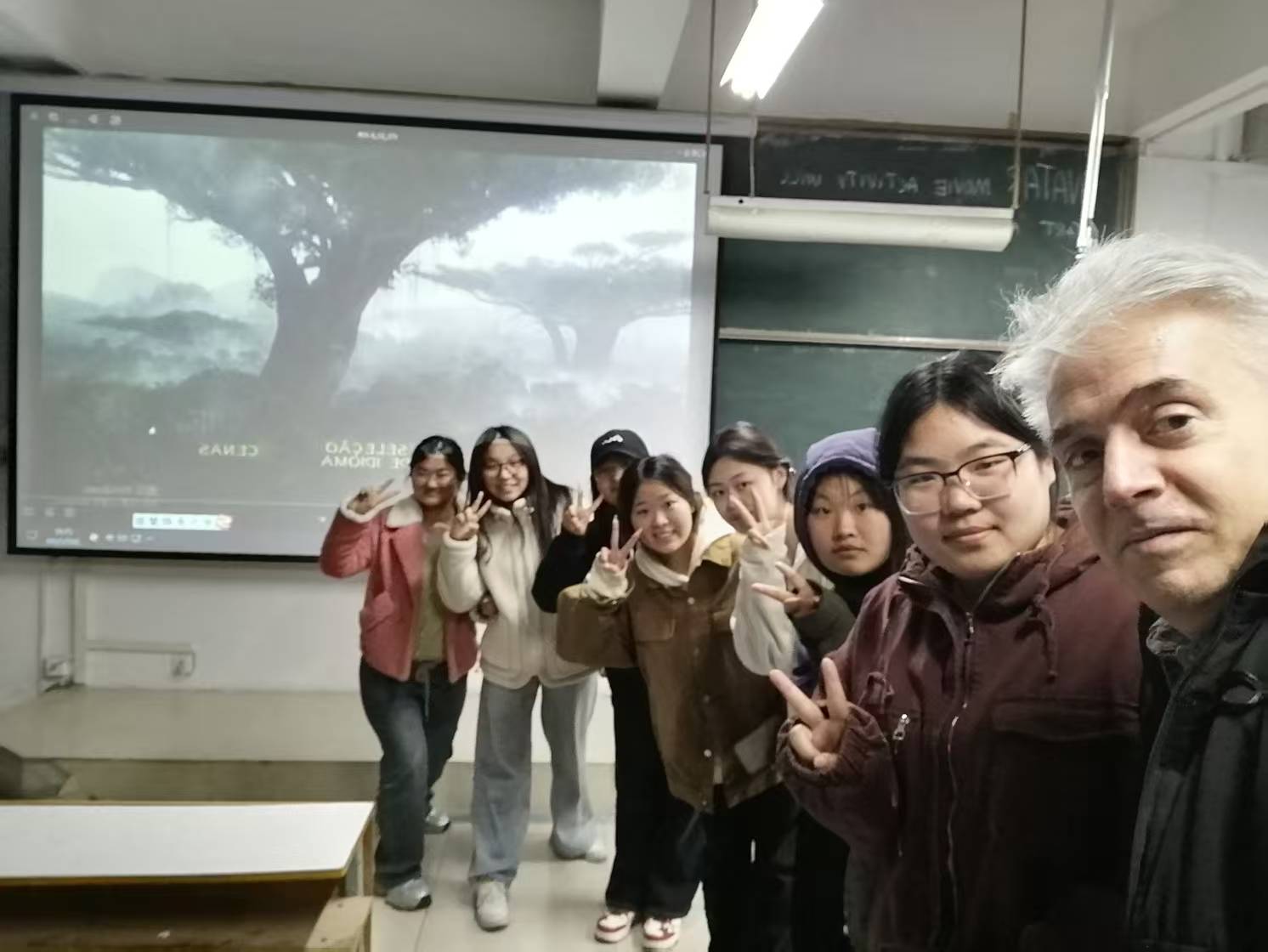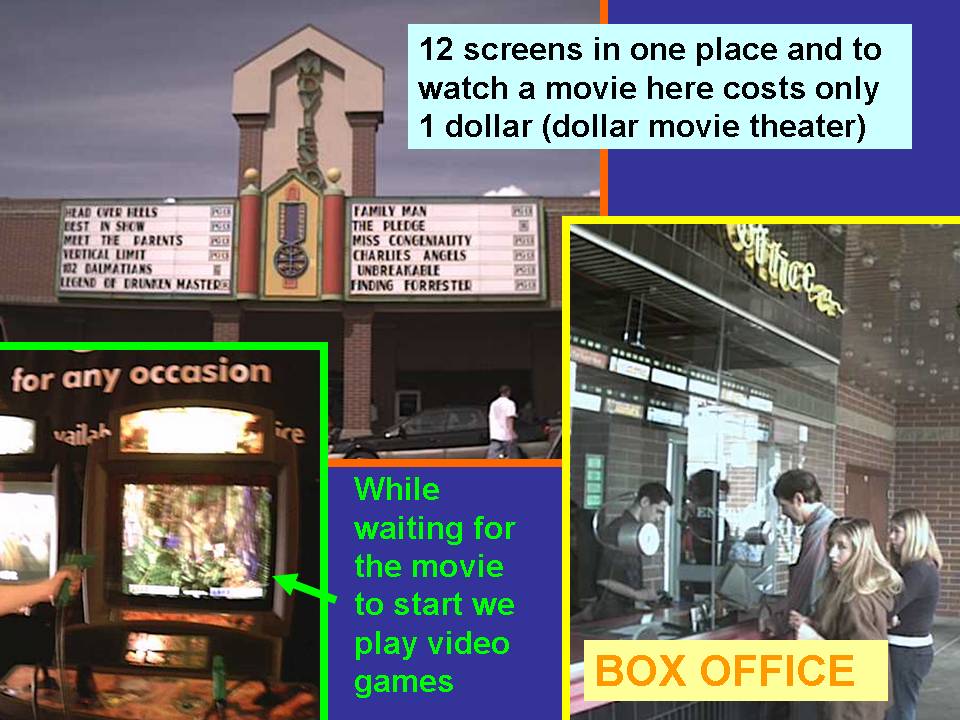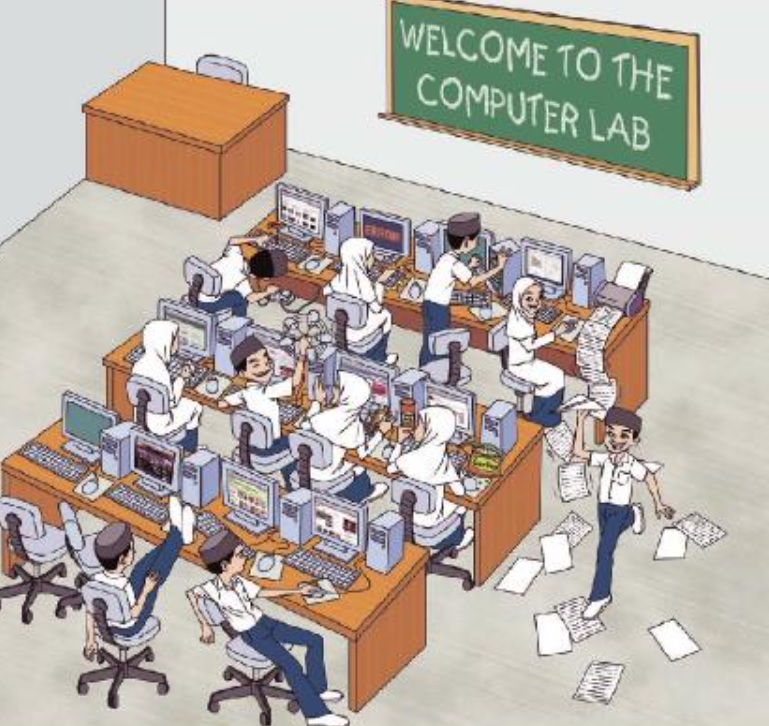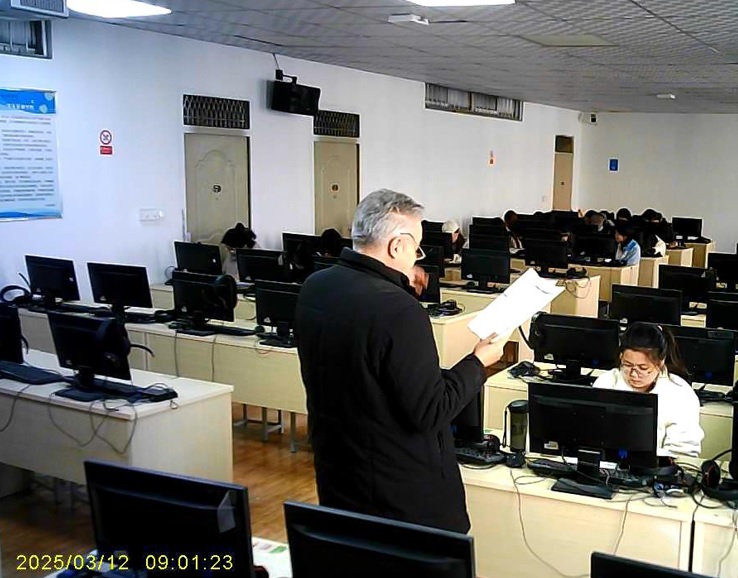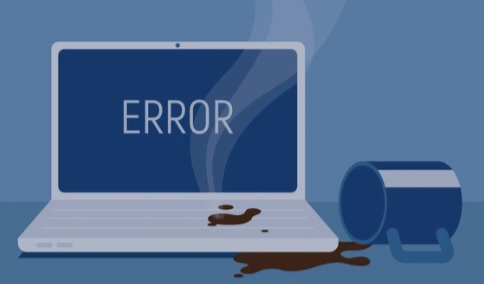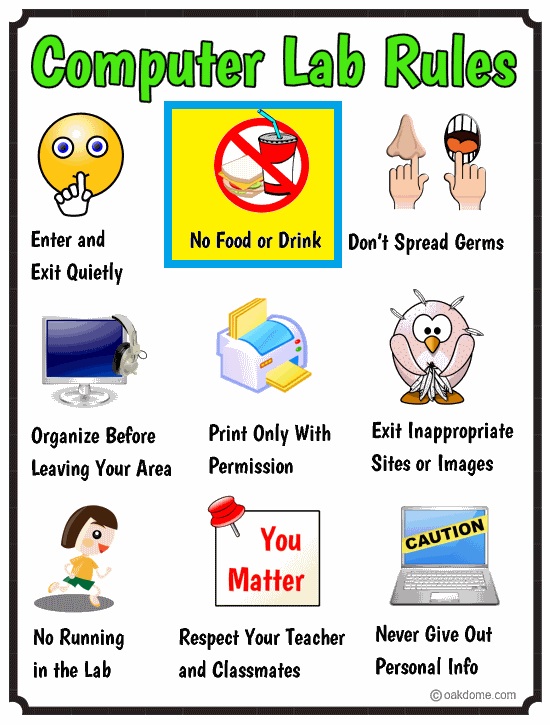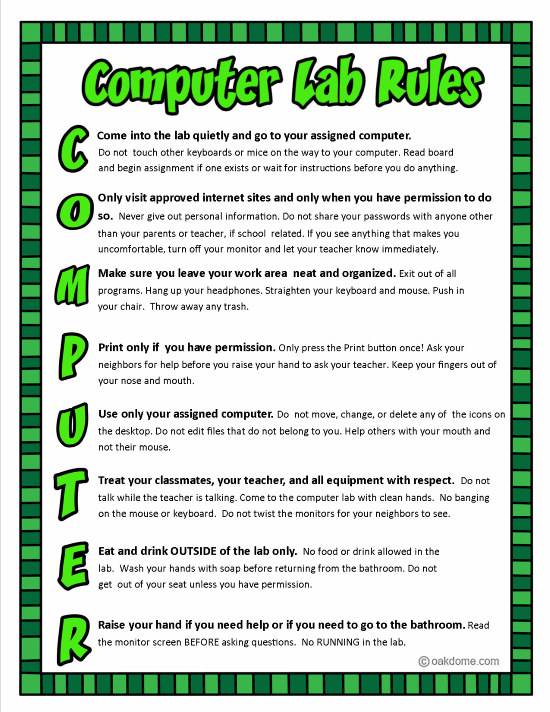How to give a GOOD speech
🚀 Want to Crush Your Next Speech? Here’s How! 🎤🏆
Last year, I shared a post breaking down the secrets of speech contests: Enhancing Speech Performance: An Analysis of Key Factors and Evaluation Criteria. It was packed with tips to help students level up their speech game.
Fast forward to this year—my friend Qin Mingyue took those tips seriously. She applied everything, practiced like a pro, and guess what? She won first place in the competition! 🥇🎉

Since I was a judge at all three rounds of the contest (and recorded everything 📹),I decided to go beyond a simple post — I created a FREE mini-course on how to deliver a winning speech! This course is packed with real examples from students who competed, plus practical techniques to improve not just your public speaking skills but also your English fluency. Because let’s be real—if you don’t speak English well, how can you expect to win?

So, if you want to:
✅ Speak confidently
✅ Improve your English
✅ Ace your next speech contest (or just impress your audience!)
🎓 Check out the course—it's 100% free and straight to the point! → Click here to see it
Don’t just take my word for it—Qin Mingyue put these strategies into action and walked away with the gold. Will you be next? 💡🎙️


🎤 Want to Own the Stage? This Free Course Will Show You How! 🚀🏆
Public speaking can feel like stepping into a lion’s den—but it doesn’t have to! Whether you're aiming for a speech contest victory or just want to sound more confident in English, this free mini-course will teach you how to grab attention, keep your audience engaged, and leave a lasting impression.
Here’s a sneak peek at what you’ll learn:
🔥 Introduction – Let’s set the stage! Why do some speeches captivate while others fall flat? Learn the core secrets behind powerful public speaking.
👋 First Impressions – They say first impressions last forever! Find out how to hook your audience in the first few seconds and make them excited to listen to you.
💡 Making Gestures – Your hands shouldn’t just hang there! Learn how to use gestures naturally to emphasize your points and add energy to your delivery.
👀 Not Reading & Making Eye Contact – Don’t be the person staring at their notes! I’ll show you how to connect with your audience using strong eye contact while delivering your speech smoothly and naturally.
😨 Fear – Nervous? Good! It means you care. But I’ll teach you how to turn those butterflies into confidence so your fear doesn’t control you.
🗣️ Pronunciation, Accent & Clarity – Speaking English well is half the battle! You’ll learn how to improve pronunciation, refine your accent, and speak with clarity so your message is loud and clear.
👂 Listening Exercise – Being a great speaker starts with being a great listener. This fun exercise will help you train your ears and improve your communication skills effortlessly.
📖 Reading Exercise – Reading out loud isn’t just for kids! This exercise will boost your fluency, pronunciation, and confidence when speaking in front of an audience.
🚀 Ready to take your speaking skills to the next level? This free course is packed with real examples, expert techniques, and practical exercises to make sure you walk away a better speaker.
🎓 Sign up now and start speaking like a champion! → Enroll for FREE!

Article by Marcelo Gameiro
Published 31 Mar 2025


